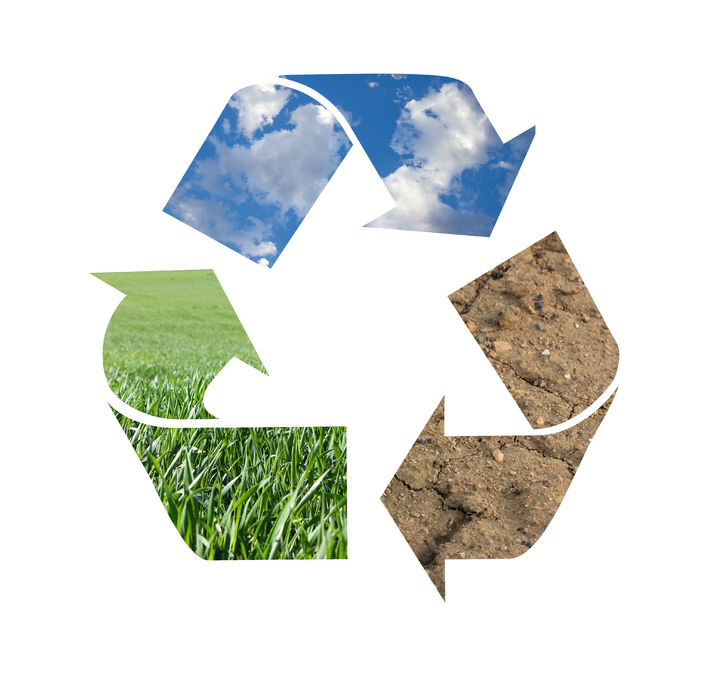Why Reducing is Just as Important as Recycling
This is the year that we all think more carefully about our carbon footprint and what harm or good we may be doing to the environment with our daily routine. Here’s why reducing what you use is just as important as recycling it.

Why Recycling Is Not Always Effective
It’s always important to consider recycling what can be recycled, but around the world recycling is not proving to be as effective as first believed. This is because contamination of recycling means that the product ends up in a landfill anyway.
It is a common myth that recycling is automatically cleaned and made ready to recycle - there isn’t the time or the manpower to do such a thing and also, many contaminated products are beyond cleaning by the time they reach their next destination.
Contamination is one of the biggest reasons why recycling just isn’t working in many parts of the world.
Another reason why recycling isn’t proving useful is because products are not being broken down effectively enough for recycling. Many are throwing things in the recycling that cannot be recycled because they are attached to something that can. People throwing non-recyclable items in the recycling can also contaminate the recyclable materials.
How Reducing Can Help
This is where the idea of reducing comes in. Rather than recycle what you have used, it is always an option to reduce what you use in the first place to stop yourself having to recycle.
In order to reduce, many people are making simple changes to their lives such as not buying takeaway drinks in the typical plastic and paper cup and instead, bringing their
own reusable travel cup. Another way people reduce is to not order online so as to reduce the amount of packaging that they will waste with a single transaction.
The charge instituted upon plastic bags in the UK was also a way that the Government has tried to reduce how much plastic we use in our daily lives. ‘Bags For Life’ are now commonplace among shoppers, as are shopping bags made from recycled materials such as treated paper and canvas.
How do you reduce in your daily life? Join us on our Twitter and let us know. To find out more about our drainage services at Bates Environmental, visit us here.
